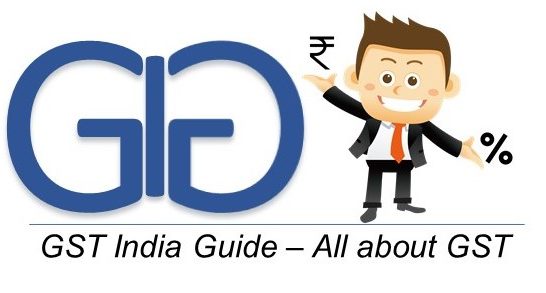The sticky issue of administration or control over assessees under the goods and services tax (GST) regime is close to a breakthrough. The Centre is likely to propose that the power of audit and scrutiny should be with the Union as well as state governments without any threshold. The two-day meeting between the Centre and state finance ministers to discuss GST norms begins on Thursday.
The Centre, however, is likely to audit and scrutinise fewer assessees than states. The issue of administrative control is one of the key matters to be taken up by the GST Council on Thursday and Friday, after an earlier agreement between the Centre and states fell through in the last month meeting.
According to an earlier proposal, states were to assess businesses with an annual turnover Rs 1.5 crore, while both the Centre and states were to do so for businesses having higher turnover. The Centre and states had earlier agreed that the Centre will have exclusive power over assessees in the service sector, till the state officials were trained to do so. But some states raised objection to this.
“Threshold is a bad idea as turnover of a company keeps changing. Besides, it is difficult to have a clear distinction between what classifies as a good or service. So instead, we can have clear distinction to carry out audit and scrutiny. We are willing to carry out a lot less intervention than states. If states want the comfort of numbers, they will get that,” said a government official who did not wish to be identified.
There will be “cross-empowerment” right from the beginning to ensure that a taxpayer will have to deal with one authority for all taxes to protect them from harassment. Under the framework, both the Centre and states will have administrative control over assessment, scrutiny and audit for the central GST and state GST. Whoever strikes first will carry out the assessment for CGST, SGST and IGST.
“There will be a demarcation on who will carry out what audits. We want to supervise so that taxes grow and more people comply,” said the official. In case of scrutiny, if the states want to do it for 5-10 per cent cases, the Centre will do for just 1-2 per cent, as per the proposal. This will ensure that both Centre and states will share equal powers on all tax matters.
Which assessee would be assessed by which administration would be decided on the basis of risk assessment. The list will be shared with one another, based on which each authority will get its share of assessees for auditing and checking for a possible evasion. Only about 5 per cent entities will be audited under the GST regime.
PROPOSALS
- Two-day GST Council meeting begins on Thursday. Administrative control one of the key issues to be discussed.
- Union govt is likely to propose that the power of audit and scrutiny be with both central and state administrations.
- This would ensure Centre and states share equal powers on all tax matters.
- Only about 5% entities would be scrutinised under the GST regime, of which Centre plans to audit only 1-2 %.
Business Standard, 2 Nov 2016

